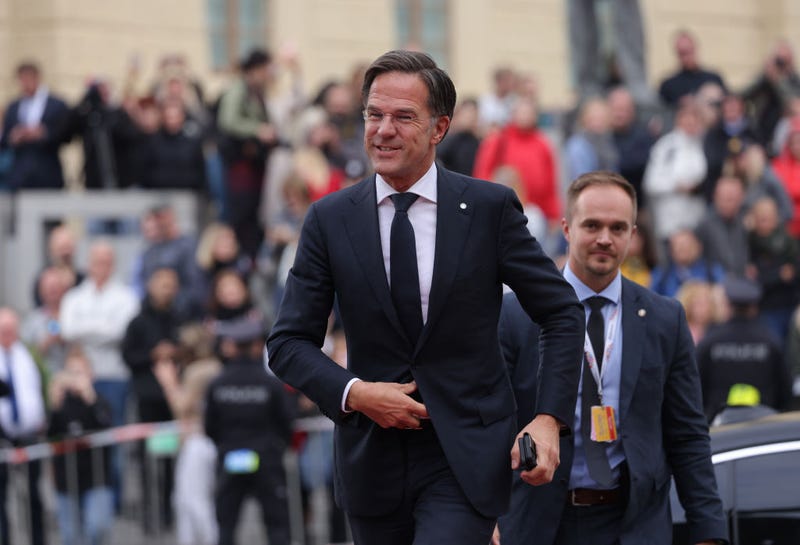
Prime Minister Mark Rutte of the Netherlands apologized for slavery in a speech Monday at the National Archives in The Hague.
“Here, you can’t get around the historical facts,” he said to an audience that included representatives of organizations that have pressed for acknowledgement of the effects of slavery. “By 1814, more than 600,000 enslaved African women, men and children had been shipped to the American continent, in deplorable conditions, by Dutch slave traders.”
According to Pew Research Center data published in April, 57% of Black adults said their ancestors had been enslaved and 41% said they were enslaved in the U.S.
only. More than 30% said that they were not sure if the ancestors had been enslaved.
“We who live in today’s world must acknowledge the evils of slavery in the clearest possible terms, and condemn it as a crime against humanity,” said Rutte Monday. “As a criminal system which caused untold numbers of people untold suffering. Suffering that continues in the lives of people today.”
He said that people enslaved by the Dutch “were wrenched from their families and stripped of their humanity,” and treated like cattle. Often, slaves were traded under the governmental authority of the Dutch West India Company.
“In Asia, between 660,000 and over one million people – we don’t even know exactly how many – were traded within the areas under the authority of the Dutch East India Company,” Rutte said. “The numbers are unimaginable. The human suffering behind them, even more unimaginable.”
In his speech, Rutte mentioned Anton de Kom’s book, “We Slaves of Suriname”, which includes passages about slaves being flogged, branded with irons, having limbs cut off and being tortured to death.
Netherlands’ transatlantic slave trade was abolished in 1814.
“For a long time I thought that the Netherlands’ role in slavery was a thing of the past, something we had put behind us,” said Rutte. “But I was wrong.”
He said the impact of centuries of terror, oppression and exploitation live on in racist stereotypes, discriminatory patterns of exclusion and social inequality.
“To break those patterns, we also have to face up to the past, openly and honestly,” he said. “A past that we share with other countries and that has forged a special connection between our societies for all time.”
While he said that people alive now are not personally to blame for slavery, Rutte added that the Dutch State bears responsibility for the suffering that came as a result of the practice.
Netherlands government also announced this week that it will make more than $200 million available in a fund for measures aimed at raising awareness about slavery. It will also hold a commemoration event this July “together with the Caribbean parts of the Kingdom, Suriname and other countries.”
“The government sees today’s apology as a first step,” said a press release.


